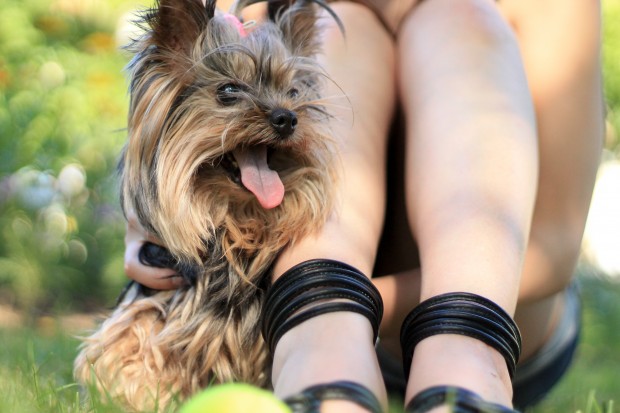What you need to know about the cost of bringing a pet into Australia and keeping it
STUDENTS who want to bring in pets from back home or adopt one while they’re in Australia need to understand the cost pets come with. Trinity College Foundation Studies students Alice Wang, Vera Fang and Echo Jiang look into the various things students have to pay for in order to keep a pet.
Being an international student is already costly enough so why would some students want to spend extra money keeping pets?
Stella Wang, a student from Trinity College Foundation Studies, says the cost of keeping her cat sometimes makes her feel anxious.
“Normally I spend $50 per week on [my pet cat] Sibe. However, the fee of periodic vaccinations is around $100, and the desex fee will cost an extra $300-400.”
Strict rules and regulations can make many overseas students feel uneasy about keeping animals as pets. The rules make it more onerous for students wishing to bring their own pets from back home into Australia.
Simon Miller, a teacher from Trinity College, brought his two pet dogs from England four years ago. The hardest part for him in bringing his pets over were the documents he had to prepare. Travelling with a pet also does not come cheap.
Related story: Am I ready for a pet? 7 questions to ask yourself before getting one
For those who want to import their pets into Australia, they will need to consider the costs for blood tests, vaccinations, relevant paperwork, flight tickets for their pet, and the cost to keep their pets in quarantine before it enters the country.
If you are willing to bear those costs, or decide that you want to adopt a pet when you are in Australia, the result can be quite rewarding.
Allison, a student at Trinity College Foundation Studies, keeps her pet dog Yoyo in her apartment. She loves Yoyo but recognises that Yoyo can be quite a handful as well.
“When I get home the first thing [I have to do] is to clean up [after] Yoyo,” Allison said.
Her pet dog leaves traces of fur everywhere, goes to the toilet wherever she pleases and bites into everything the second Allison leaves home.
“But it is still worth [it] to have such a close friend in a foreign country,” she admits.
To learn more about how you can bring in your pets from back home, visit the Department of Agriculture’s page on bringing pet animals into Australia.
This story was produced by Media and Communication students at Trinity College Foundation Studies as part of Meld’s community newsroom collaboration. Education institutions, student clubs/societies and community groups interested in being involved can get in touch us via meld@meldmagazine.com.au.

